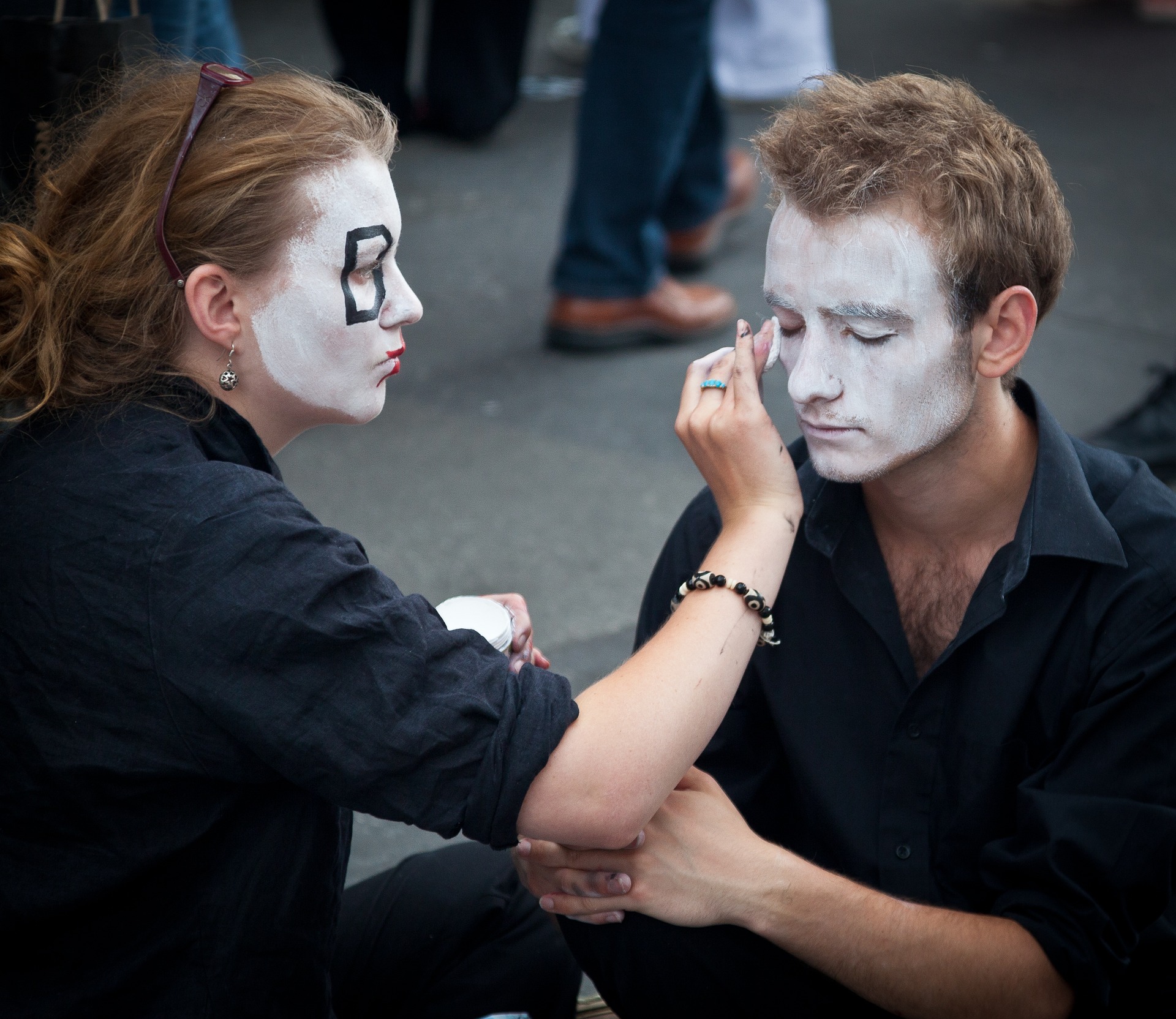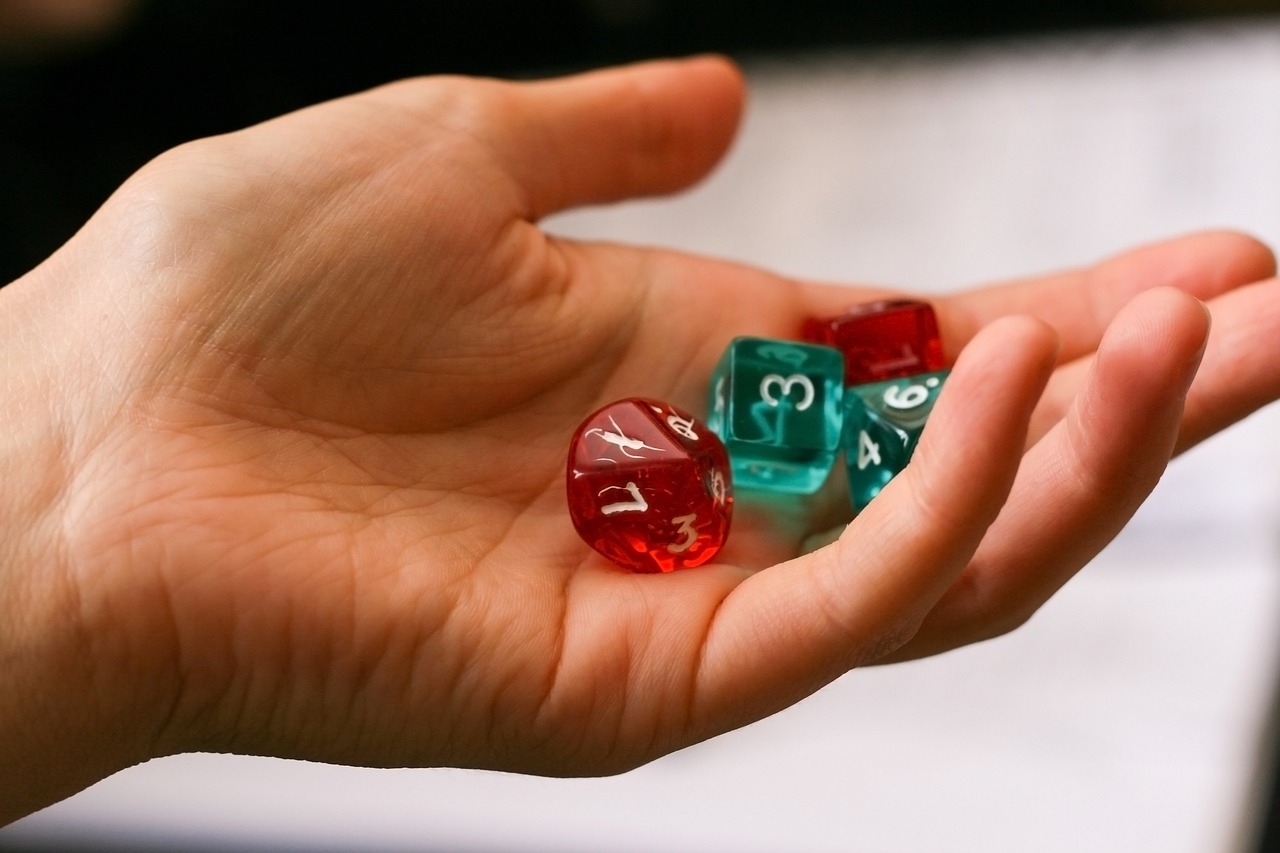How would you play it? A character-based game for teaching
- Kirjoittaja: Merja Kylmäkoski, Ph.D., Principal Lecturer, Humak University of Applied Sciences, 16.5.2023
- Kirjoittaja: Louise Sheridan, Ph.D., Senior Lecturer/Programme Leader: MEd Adult Education, Community Development and Youth Work, University of Glasgow, 16.5.2023
The writers of this blog participated in the expert meeting on higher education in youth work in Helsinki in September 2022. Approximately 50 participants from 26 higher education institutes took part in the four-day long meeting in Helsinki. The organizer was Humak University of Applied Sciences in collaboration with the Youth Partnership. The meeting was funded by the Ministry of Culture and Education in Finland.
The XXXX Game Was Born in Glasgow
Rising to the challenge of creating an engaging, online learning activity for students from the University of Glasgow, the XXXX Game was born in September 2020. Several factors influenced the design of the game: some students feel reluctant to share their opinions, worrying that they will say the ‘wrong’ thing; Theatre of the Oppressed provides offers a medium in which participants can explore situations from the ‘safety’ of a character; and finally, a commitment to critical pedagogy as an underpinning foundation. The game provides the chance to combine the teaching of new concepts, theories, and ideas, with peer discussions that promote active learning. Scenarios, or ‘Cards against Topic’, punctuate the game, giving participants the chance to discuss a situation in character.
Careful attention should be given to align the characters, the scenarios with the topic. Participants can decide how they want to play their character, and this is based on their life experience, perceptions or even misconceptions. This leads to lively and interesting debates about the scenario, or Card against ‘Topic’, providing participants with some insights on people/situations they may encounter in real life. The teacher gathers feedback from discussions, using an appropriate forum e.g. menti.com or the chat facility in the online platform, and uses this to deepen understanding. The wonderful thing that became apparent is that the XXXX Game can also be used in face-to-face contexts.

The Finnish experiment
After the expert meeting the game, where the game was discussed, it was used as an icebreaker with a new master level student group in the first webinar of their online course. Following the instructions, all students were emailed the game invite and explained their allocated role, asking them – do you accept the challenge?
One of the themes of the course was multidisciplinary cooperation in youth work and role-play suited this well. The roles were cast randomly, and each role was assigned to more than one student. Their task was to discuss multidisciplinary youth work cooperation, keeping in mind their role, and to present views they thought would reflect the ideas of the professional they played.
The students did not know each other prior to the webinar. The game was played using breakout rooms and participants were randomly allocated. The students did not know whether s/he was the only one in his/her role or whether there we are students who have the same role in their group. Some found it difficult to imagine how their characters would think, which reinforces the need to reassure participants that there are no right or wrong answers. Overall, they found the game a refreshing and fun way to study.
To summarize, the game was a good icebreaker for a new student group, which worked well online. The game encouraged the students think about the work of other professionals and aroused the interest to know more about it. From the teacher’s point of view, the game was an excellent activity in a first webinar of the course. The game allowed the students to be playful, even though the exercise took some of them out of their comfort zone. It also set the tone for the rest of the webinar and course. Best of all, it enabled the students look at their multidisciplinary networks with new eyes.

Conclusion
The game was developed during a very difficult time, during the global pandemic, as part of a ‘pivot’ to online teaching. The aim was to create an online peer-learning activity that would embody the kind of experience students would usually gain in a classroom setting. The game has been successfully used multiple times, in the University of Glasgow and beyond. It has been adapted to teach a range of topics, including how ideology manifests in a range of ways within society, and can be easily applied in a range of contexts with positive effect. Participants at the 16th Annual Learning and Teaching Conference, played ‘The Academia Game’ and found the experience as ‘liberating’. Click here to find out more about using the game. Do you accept the challenge?
Sources
Ethical guidelines for youth work in Finland 2020. Accessed 14.3.2023. https://www.nuoli.info/application/files/7015/7866/7683/nuoli_eettisetOhjeet_A3_191219_n.pdf
The Theatre of the Oppressed: Forum for social change. Accessed 28.4.2023. https://www.youtube.com/watch?v=qTA1b4rlTXI
Youth Act 2016/1285. Accessed 14.3.2023. https://www.finlex.fi/fi/laki/ajantasa/2016/20161285
NB. An adapted version of this blog was published in a series at University of Glasgow.
